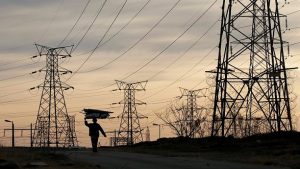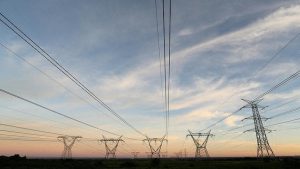Energy Minister Gwede Mantashe says while carbon emissions have to be reduced, one of government’s current priorities is energy security which is affordable and accessible.
He described load shedding as one of the biggest irritations for society.
Mantashe made a presentation at the virtual Presidential Climate Commission on the Just Energy Transition. The quarterly meeting was attended by various social partners. It seeks to come up with ideas on how to move away from a carbon emission-driven energy supply, without affecting the livelihood of communities. Manthashe says energy must be affordable and accessible for everyone.
“As government, in particular the Ministry of Mineral Resource and Energy, our key priorities remain to ensure security of supply of affordable, accessible and reliable energy as a catalyst for economic growth. And I am putting that issue because half the time it is presented as this. My own starting point is that yes, reduce carbon emissions, but we must ensure the security of supply of affordable accessible and reliable energy as a catalyst for economic growth. I’m making this point because one of the biggest irritations for society today is regular load shedding. It’s quite an irritation and that talks to affordable accessible and reliable energy,” says Mantashe.
Last year was the worst year for load shedding in South Africa. This is according to Rudi Dicks from Operations Vulindlela. Dicks was one of the speakers. The meeting which was attended by various social partners focussed on South Africa’s electricity and energy supply in response to climate change.
South Africa has the double challenge of urgently increasing power supply while at the same time reducing carbon emissions from dirty sources like coal. Dicks says load shedding may continue if electricity demand is not met.
“Load shedding and the challenges that we sit with load shedding , what we do see is that 2020 was the worst year for load shedding at about 1798 gigawatts per hour of load shedding, surpassed both 2015 which is just as bad and 2019. The challenge of course is that the risk of load shedding as we know remains high if we don’t fill that demand right. And so, even in this year, we had 783 gigawatts hours of load shedding already to date at the end of March 2021,” says Dicks.
VIDEO: Load shedding crippling the economy






